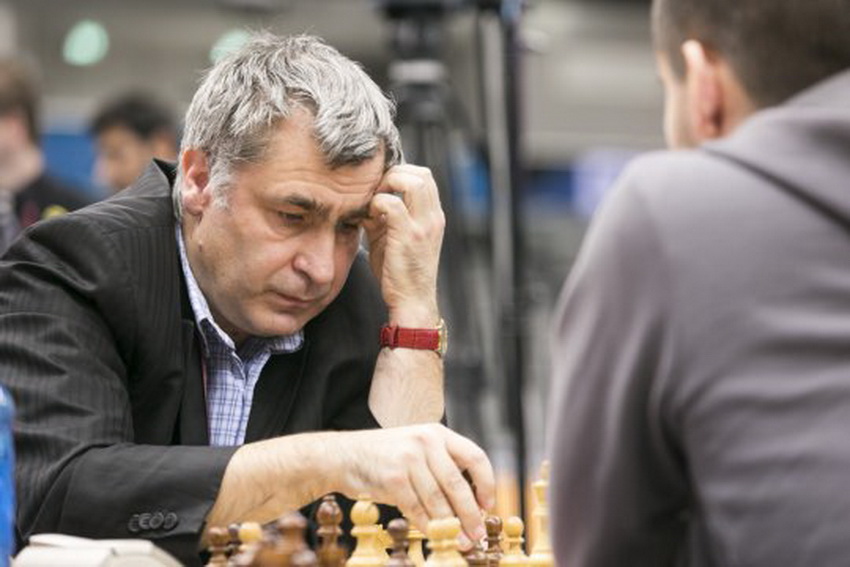Magnus Carlsen could now clinch the 2021 World Chess Championship with a win on Friday after a quiet draw in Game 10 left him leading 6.5:3.5 with just four games to go. Some were speculating that Ian Nepomniachtchi would go all-out to win with the black pieces, but he stuck to his Petroff and seemed content to stop the bleeding after a disastrous sequence of three losses in four games.
See also:
Official website






